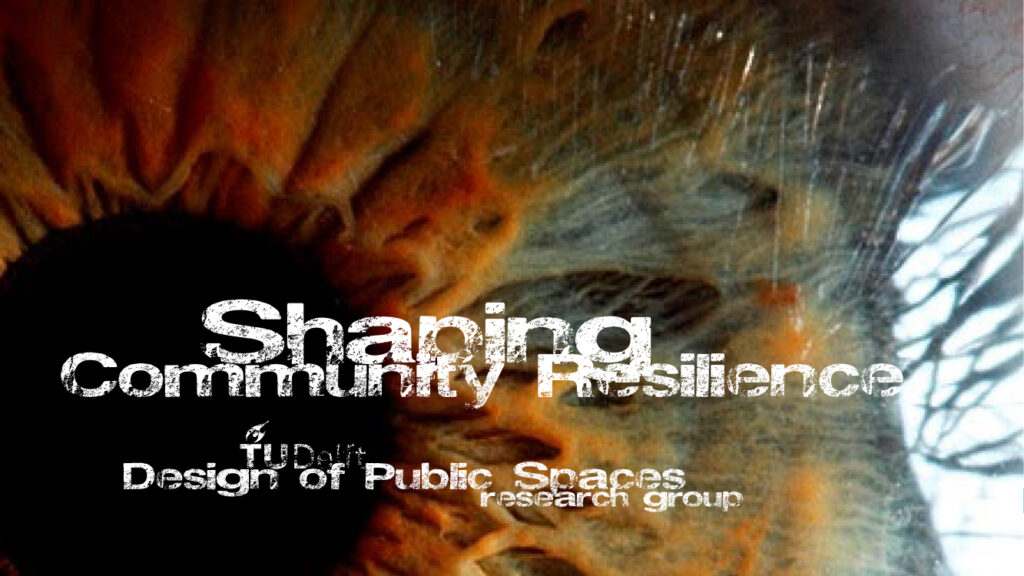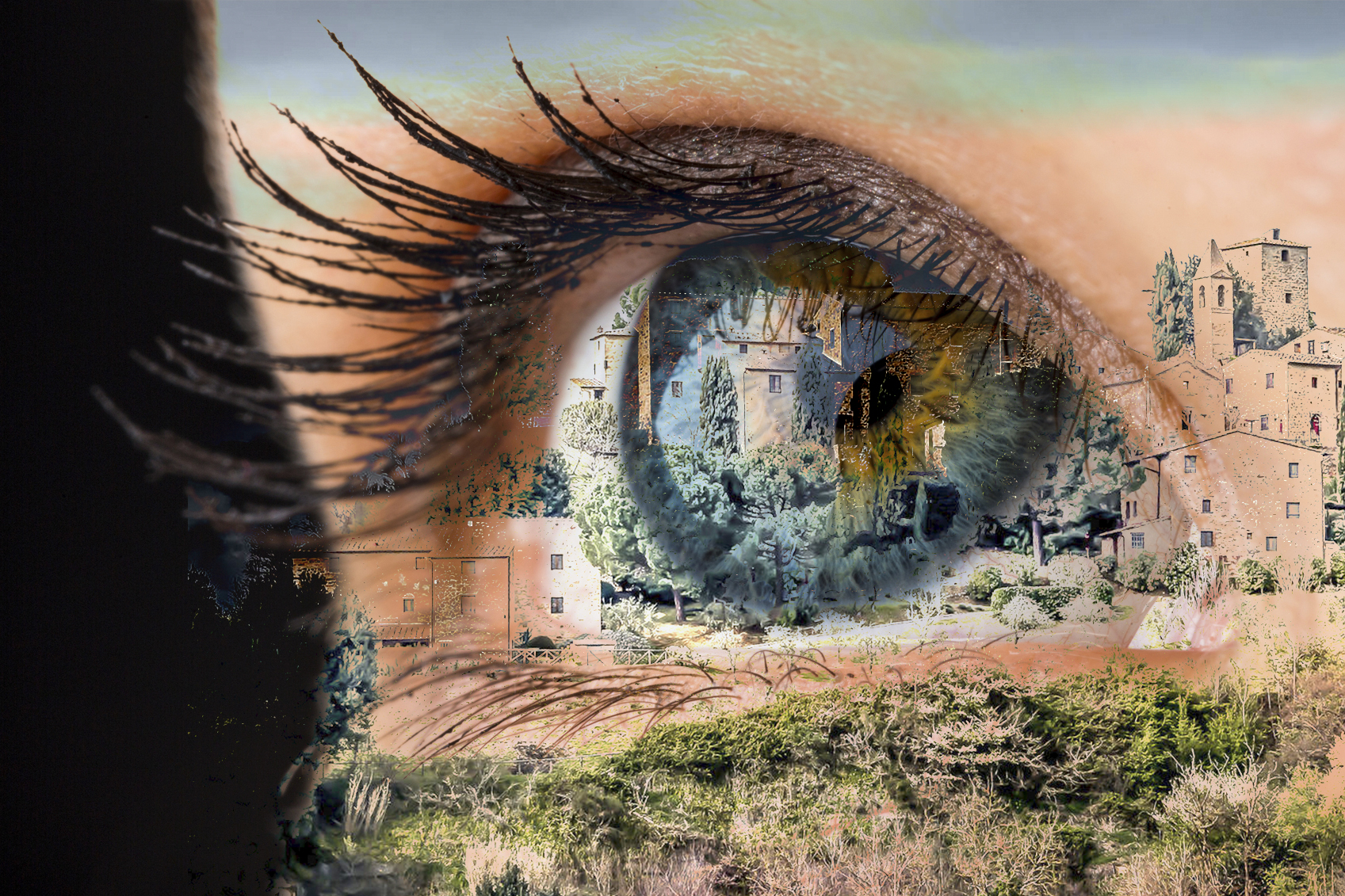The waterfront is a fragile and thin marginal area where multiple interactions occur between the city and the water. It is not a border or a limit. On the contrary, it is a meeting space, an interchange area, a transition – and tension – between different biological communities. Like all environmental frontiers, the waterfront is an ecosystem with a dynamic and precarious balance. Water-related challenges such as protection from wave motion, and adaptation to multiple conditions (e.g. hydrogeological, health, and environmental risks), albeit relevant, are often addressed in a sectorial way through confusing and ineffective procedures and plans. The centrality that the environment assumes in the transformation processes of the land-water interfaces requires the preparation of a design approach that aims to operate as a device capable of providing a response to social and ecological rebalancing, in terms of resilience as well as energy efficiency, reduction of greenhouse gas emissions and environmental safety. Urban design solutions need to consider the availability of resources; social-environmental changes are confronted with the long time of ecological-environmental processes and adaptations. At the same time, targeted interventions correlate with the many ongoing and planned activities in the specific territories.
According to this approach, the concept of a waterfront becomes an environmental infrastructure, overcoming obsolete ideas of waterfronts as purely related to commercial development. The design of a waterfront is incremental and inter-scalar and it considers the risks and socio-ecological environmental fragility of coastal territories as priority themes to trigger urban, and territorial, regeneration.
Faculty of Architecture, TU Delft
September 8, 2022
15:00-17:00h
Matteo Di Venosa (speaker)
Carola Hein (discussants)
Paolo De Martino
Elise van Dooren
Maurice Harteveld


